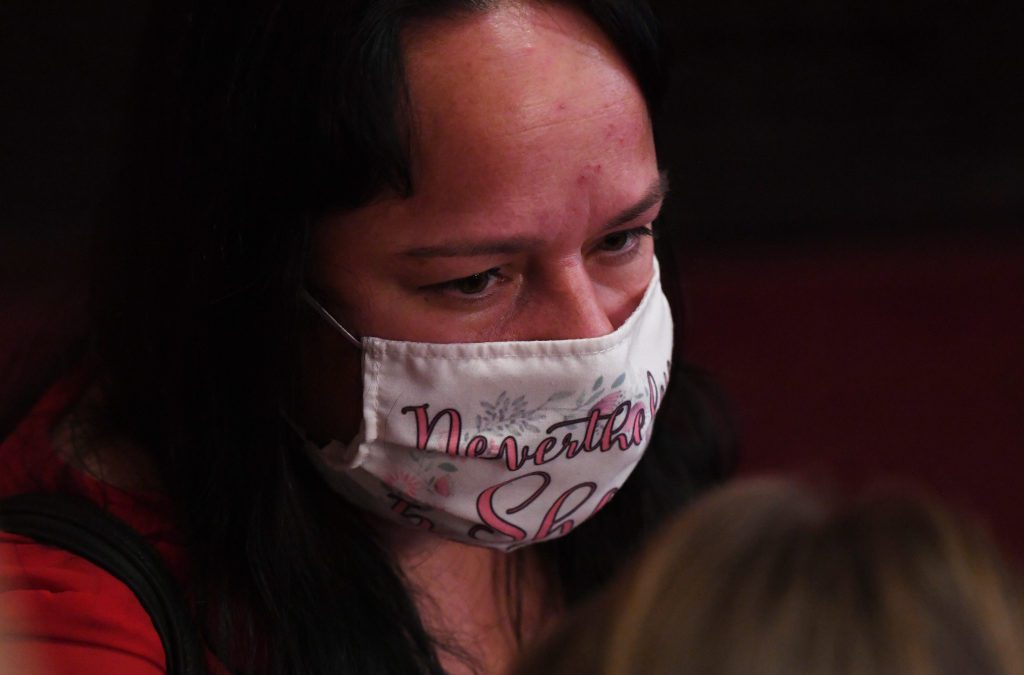Colorado Sen. Faith Winter publicly accused a colleague of sexual harassment at the Capitol in 2017, ultimately helping to make changes to harassment policies in the building. Ever since, she’s kept the topic of workplace harassment and discrimination on her legislative agenda.
This year’s bill is SB21-176, or the Protecting Opportunities And Workers’ Rights (POWR) Act, which Winter said is about protecting every woman, no matter where she works.
The bill passed the Senate last week and had its first House committee hearing Thursday. It would expand what qualifies as harassment for all employees — not just women.
Among the changes to state law, the bill would get rid of what’s referred to as the “severe or pervasive” standard to prove workplace harassment; extend the timeline for when harassment or discrimination claims can be filed and allow them to be filed directly in civil court; require employers to provide training and make employers’ process for filing claims clear. It would also add protections for people who are caregivers.
“Severe or pervasive” is based on case law from the 1960s, in which judges have to decide whether the harassment was repeated or egregious enough that creates an environment that a reasonable person would consider hostile or intimidating, according to the U.S. Equal Employment Opportunity Commission.
“During the Me Too Movement, we saw the expectations of workplace culture rapidly change,” said Winter, a Westminster Democrat. “People expect more. And people should be able to show up to work and not be harassed or discriminated against.”
The Colorado Democratic Women’s Caucus backed the bill; it passed the Senate on a mostly party-line vote of 22-13 (Republican Sens. Barbara Kirkmeyer and Don Coram joined Democrats).
Republicans who opposed the bill said they were worried about an increase in lawsuits against businesses and their viability to survive in Colorado. The Colorado Chamber of Commerce and National Federation of Independent Business opposed the bill when it was introduced.
“Senate Bill 176 radically changes the standards for discriminatory actions in Colorado and does so in a way that makes it difficult for very good employers to defend themselves against charges when an employee misbehaves,” Colorado Springs Sen. Bob Gardner said. “Even if an employer has trained, educated, disciplined employees that have made inappropriate remarks, jokes, comments, that employer may still be found liable.”
But Kirkmeyer, who is the only Republican woman in the Colorado Senate and from Weld County, said she thinks the bill is “the right thing to do” for fair employment practices. She added that she believes many businesses already do a good job and won’t have any trouble complying with the bill.
However, she was disappointed that her amendment that would have banned nondisclosure agreements at state agencies was voted down by Democrats, who argued they added requirements for nondisclosure agreements to make sure they don’t get abused.
When the bill was discussed in the Senate last week, lawmakers shared their own stories of harassment and discrimination, as well as a few of the stories they’d heard from hundreds of women across Colorado.
“I can’t think of any woman that hasn’t in some way or form at some point in their life experienced (harassment),” Rep. Susan Lontine, a Denver Democrat, said.
This content was originally published here.

